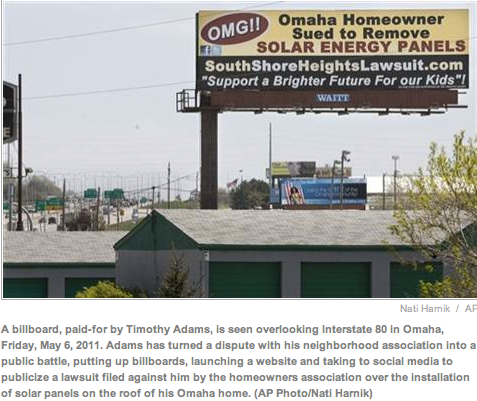(and why condominium associations should be responsible for waterproofing on balcony decks)
By David C. Swedelson, Condo Lawyer and HOA legal expert; Senior Partner at SwedelsonGottlieb
I know that many boards contemplate the idea of making owners responsible for the waterproofing on the balconies or decks in condominiums (and yes, generally the association is responsible for repairing or replacing what is considered common area waterproofing). Bad idea. The reality is that owners will not do what is required, and the leaks will damage the common area and other units. One association client learned this the hard way. And while the end result was good for the association and we consider this an excellent result, the road was rocky and stressful. And the association had to finance our fees and the costs.
It all started with that association amending and restating its Governing Documents (through another firm). As a part of that process, their former attorney suggested that they make the homeowners responsible for the maintenance, repair and replacement of the waterproofing on each homeowner’s exclusive use balcony decks. Many associations tell me they would like to see the homeowners responsible for the waterproofing, as they claim that the association does not want to have to save or expend the money for that work. However, in practice this is not a good idea.
Continue reading





